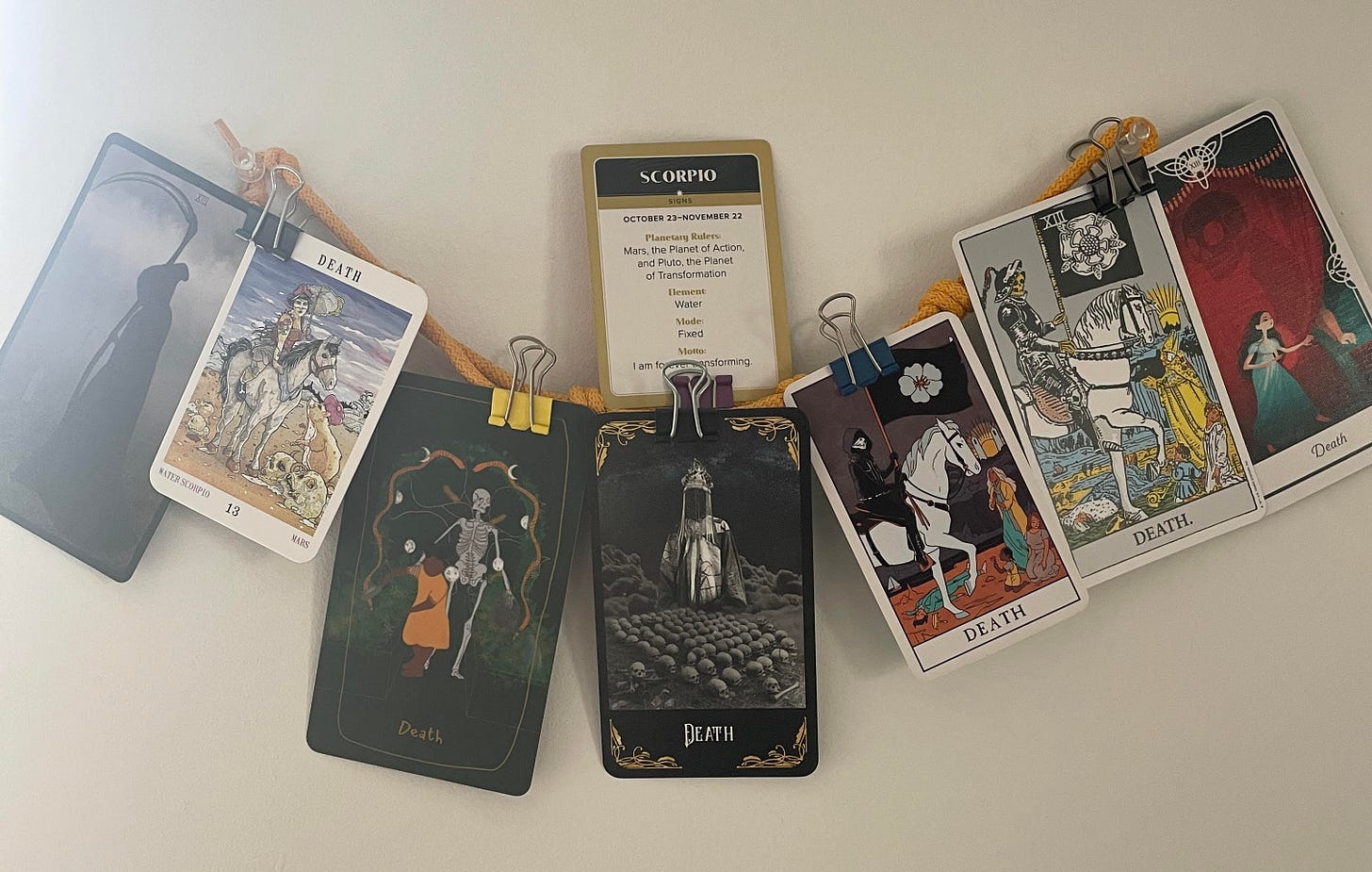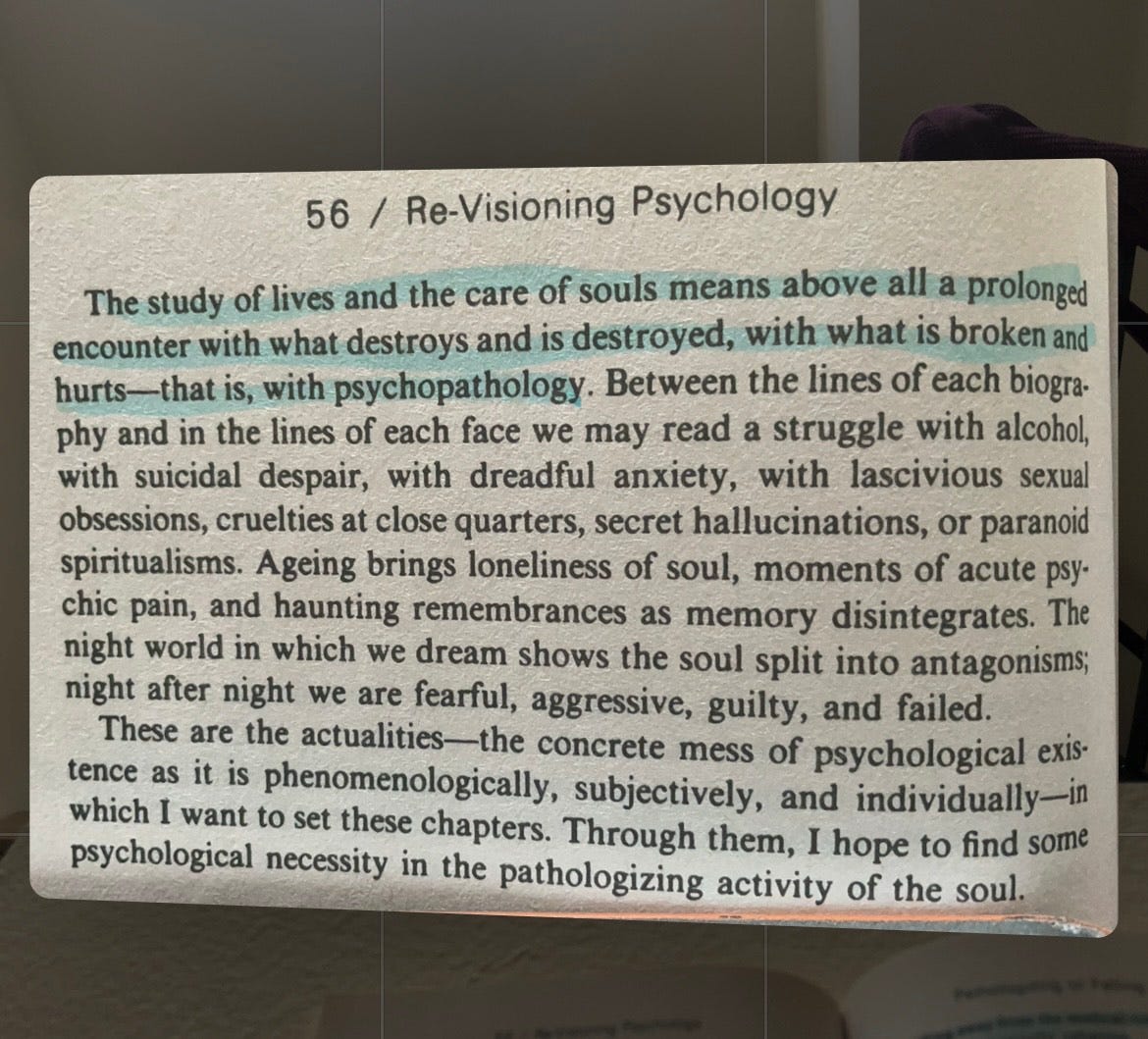Note: This essay briefly mentions suicide, terminal dementia, and other themes related to death. Please do what is necessary to care for yourself.

Last week I attended “Futurity as Praxis” at the Huntington Library where I spent two days sitting at the feet of brilliant scholars and singing the praises of Octavia E. Butler. As noted in recent dispatches, Octavia has been one of my most persistent creative inspirations for a decade. I am devoted to her work because it has held me through immeasurable change, and having dedicated time to celebrate the gifts and wisdom she left behind was more generative than I can quickly express here.
I’m curious how you processed grief about Octavia Butler’s death? I need help.
During the conference's first panel, I had the opportunity to ask that question about grief1. Recently, I have been re-reading Butler’s work for course research and have been stricken anew with parasocial grief about how she was snatched from the world in the prime of her career. My question was colored by my love for her writing and my own recent losses.
Rage and grief have been major themes in my life since 2020. During the height of COVID, I noticed that I was experiencing deep, unprocessed grief and rage about the dreams, lives, and potential for transformative change that we collectively ceded to the pandemic. My somatic experiences of the compounded crises of a global public health emergency, structural and systemic violence, ecological collapse, and economic decay have been debilitating. On top of that, four people in my life have died since last spring, making what already felt destabilizing more acute and disorienting. I lost a younger cousin to armed robbery; a colleague to suicide; a sorority sister went to sleep and never woke up, leaving behind a husband and two young children; and recently my maternal grandmother died of complications from frontotemporal dementia, or FTD.
With Octavia Butler as the luminary, speculative fiction and mythological studies – stories – have held me through grief and rage heavier than I have ever known the last few years. For example, Yvonne Chireau’s work on conjure and Black American religious rituals gave me a framework to unpack my cousin’s murder. Learning about solarpunk by engaging with Andrew Sage’s YouTube channel and Becky Chambers’ “Monk and Robot” novels is helping me transmute climate grief. Vajrayana (Tantra) teachings about the Bardo lent me a relevant Buddhist concept about transformation and liminality rather so that I wouldn’t fixate on my late grandmother’s physical decline. And invoking the wisdom of the High Priest of Change, Lauren Olamina, helps me whenever sudden changes like death reveal themselves. God is Change. Shape God2.

In light of recent eclipses, astrologers have advised revisiting the themes of what was happening in our lives during August 2017. That was a period of heartbreak, liminality, and rebirth for me that sliced a painful, necessary path and forced me to see the trickster face of God. Then March 2020 tore that scar open so that the past four years have been a gauntlet of sorrow and hard-won joy. From this I am learning that our wounds are what light the path to our wholeness. After all, gods demand blood3. James Hillman teaches that all psychological suffering is necessary and has purpose. I want to believe that. I need to believe that. It feels true because every instance of suffering I have endured has forced me to transform. Change or die.

On April 5, 2024 I decided to transform again, to choose the danger of the liminal. On April 6, 2024, after flirting with the threshold between life and death for over a week, my last grandparent died; she and I were ready to become something else. Still, four deaths in two years is burdensome. Even holding the belief that death is merely an unavoidable rite of passage for us all, the circumstances that precede it beg many questions, most of which I cannot hope to answer until it is my turn to pass through the veil. Maybe not even then.
Change is inevitable but transformation is an option. What does your suffering reveal to you about transformation? Let me know in the comments.
For the record, summarized below are the responses that Sage Ni’Ja Whitson, Damian Duffy, and Steven Barnes shared generously about what has helped them deal with grief regarding Octavia E. Butler:
Our pain has much to teach us. Big emotions like grief are signals to take action.
Maintaining creative rituals keeps us in an active relationship with those creative ancestors who inspire us.
Octavia’s life was a victory. Death is not the end.
Earthseed - https://godischange.org/the-book-of-the-living-vers3-2-god-is-change/
Zora Neale Hurston - https://www.columbia.edu/~ey2172/hurston.html




“To choose the danger of the liminal.” Absolutely love this and relate to this. Did you see the Betye Saar installation when you were at the Huntington? More connections to be made.
Looking forward to continued literary observance of your transformation. It’s inspiring ❤️